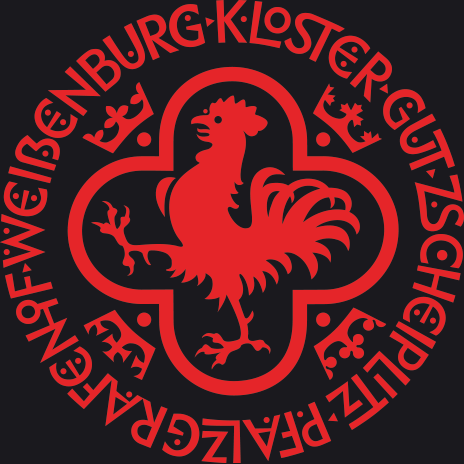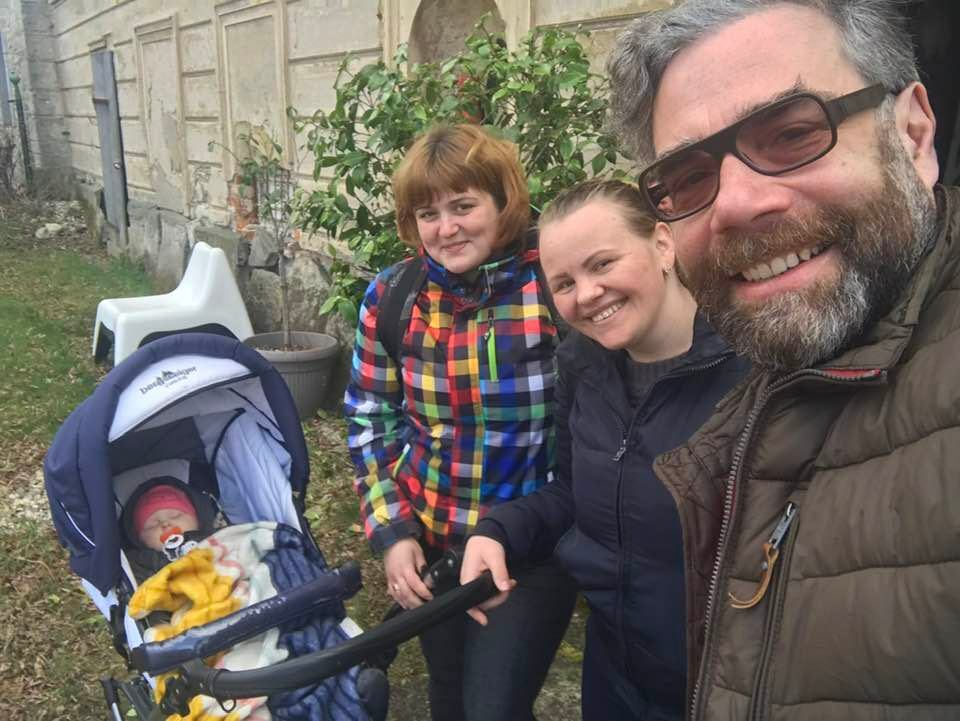Die Ehemänner bei der Verteidigung ihres Territoriums, die Eltern zu Hause, die sich um den Haushalt kümmern - vier Kühe, ein Gemüsegarten... Wir sind mit dem Bus gefahren, ohne Koffer, nur mit Taschen und Kindern. Sie gingen nirgendwo hin, weit weg von den Bomben und Raketen: "Sie wollten nirgendwo hingehen. Meine Eltern haben mich dazu gezwungen. Auch die Kinder - sie konnten nachts nicht schlafen, wenn die Bomben fielen. Es fielen Raketen. Nicht in unserer Straße, aber die Fenster haben durch die Explosionen gewackelt. Der Kleine konnte sich nicht beruhigen. Also haben wir an einem Tag gepackt, Tickets gekauft (400 Euro für zwei Personen) und sind zur Grenze gefahren...".
In völliger Dunkelheit: Nach einer Stunde des Wartens wurden sie um zwei Uhr morgens nach Polen überführt. Zu Fuß, mit vor Erschöpfung weinenden Kindern. Dort wurden sie von einem Deutschen mit einem Kleinbus abgeholt, beladen und los ging's. Wohin? nach Deutschland. Das ist alles, was sie wussten. Wir wissen nicht, wer der Fahrer war, warum und wie sie zu uns kamen: Er sprach kein Ukrainisch, sie sprachen kein Wort Deutsch. So fanden sie sich in unserem Dorf wieder, mit einem Google-Übersetzer und gelegentlichen Telefonaten mit Verwandten.
"Die Hauptsache ist, dass wir am Leben sind. Sie wissen nicht, was als Nächstes kommt. "Bis jetzt ist alles da, Gott sei Dank". Sie hatten nur normale ukrainische Pässe, keine ausländischen. Sie hoffen, dass sie bleiben können, wollen es aber nicht: "Die Ukraine ist unser Mutterland. Unsere Eltern, unsere Kühe! Wenn der Krieg vorbei ist, gehen wir nach Hause."
"Oh, wir sind so glücklich! Alle sind aufmerksam und sehr freundlich zu uns! Wunderbare Menschen! Nicht wie unsere. Jeder ist auf sich allein gestellt. Niemand kümmert sich um Sie. Eine Mutter von vielen Kindern, wer braucht mich?
Wenn wir zurückkommen, fahren wir nach Hause", fügt Tanya hinzu, "wir werden allen erzählen, wie viel Hilfe wir hier erhalten haben. Vielleicht werden sich die Dinge ändern. Das wird sie.
Herzlich willkommen!







